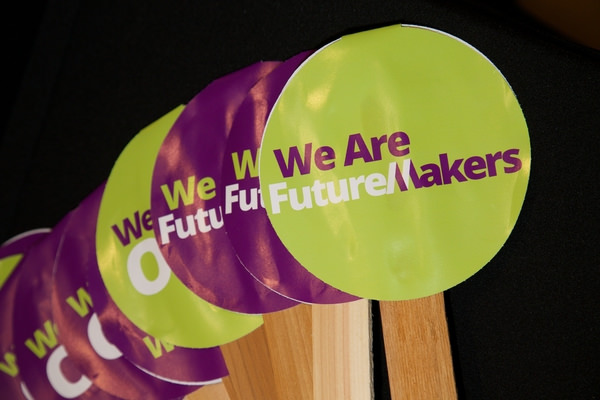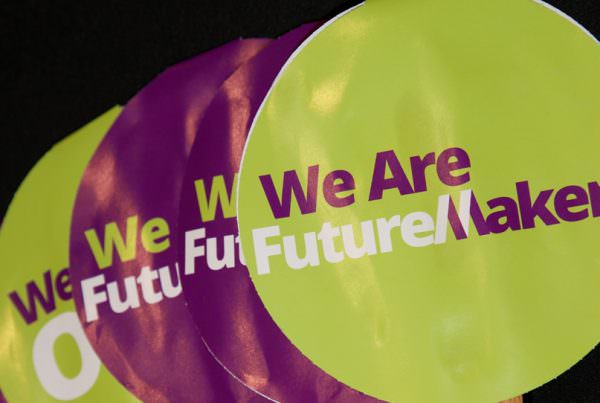
One of the main workforce issues communities face is the mismatch between the supply of local talent and the demand for particular skills. Nationally, almost 50% of working-age adults are without the credentials needed to fill in-demand jobs. Here in Southwest Florida, that number is nearly 60%, making it even harder to maintain our local economic growth and to improve lives. We also know no single entity — government, business or nonprofit — can solve this problem by itself. To that end, FutureMakers Coalition in Southwest Florida uses collaboration for local workforce and talent development.
Since summer 2021, Florida Gulf Coast University (FGCU), the Collaboratory and Florida SouthWestern State College have worked under the FutureMakers banner to reduce barriers for students who stopped out to return and finish what they started. Since then, we have re-enrolled more than 1,500 individuals and 240 have already earned a degree — and this happened during the pandemic. This pilot project helped us understand how to serve adult learners better and meet employer needs.
Collaboration is the key to improving system-level outcomes in our workforce and economy because it changes the relationships among partners. These relationships create a dynamic system that can adapt, eliminate duplication and more efficiently serve communities. This is THE catalyst for a local workforce ecosystem to thrive!
With FGCU as the lead and regional conveyor and the Collaboratory as the backbone organization to increase the skilled workers in four growing sectors, we propose the Southwest Florida Equitable Jobs Pipeline (SFEJP). Through the SFEJP, we will recruit underserved workforce populations, particularly in rural communities, and provide support to overcome barriers or challenges that arise during training to ensure they earn their credentials and are connected to jobs in the area. Providing micro-credentials and digital badge programs targeted to employer-identified needs will also help close skills gaps and get local people hired. We expect to reach at least 2,400 underserved job seekers and place at least 1,700 workers.
Similar workforce ecosystems exist around the country and can be developed through collaborations among colleges and universities, technical training and adult education programs, nonprofits, businesses and local governments.
FGCU and FutureMakers have a partnership for adapting changes that could be a model for many communities to invest in workforce development. If your community is ready to transform its workforce and economy through collaboration but isn’t sure how to start, Southwest Florida can help.



























